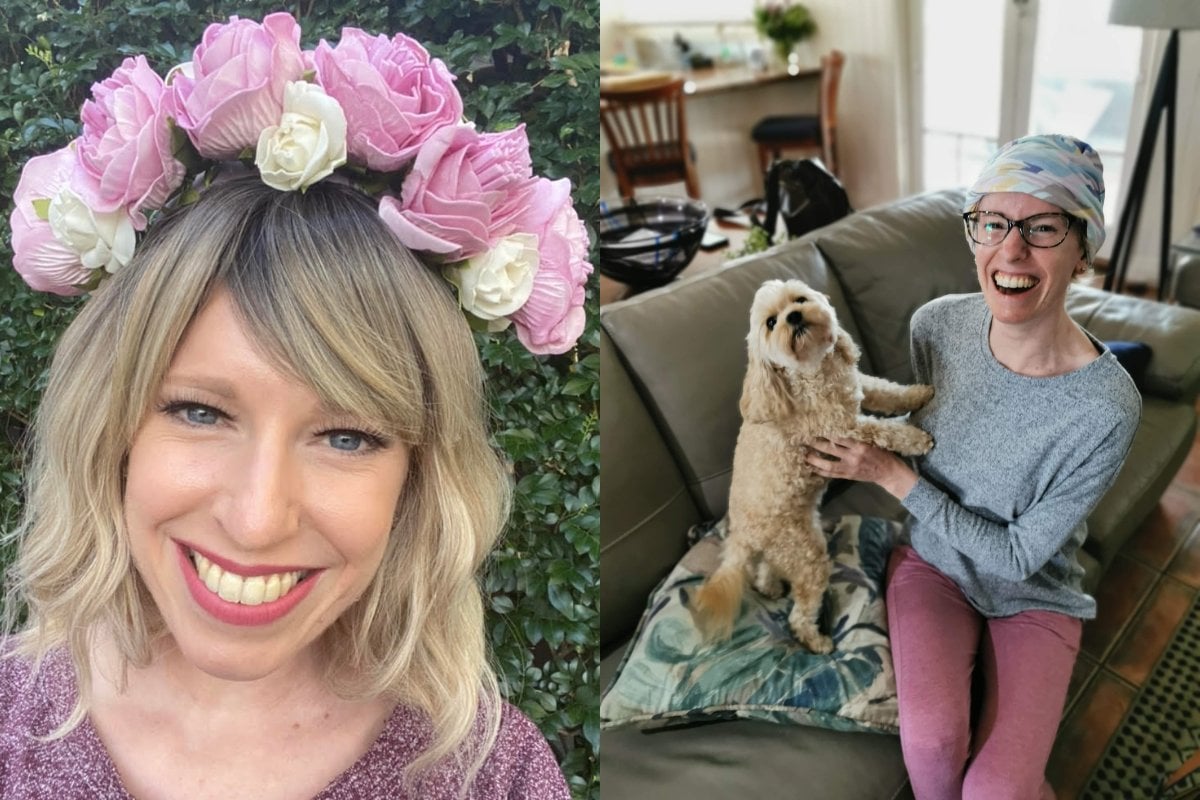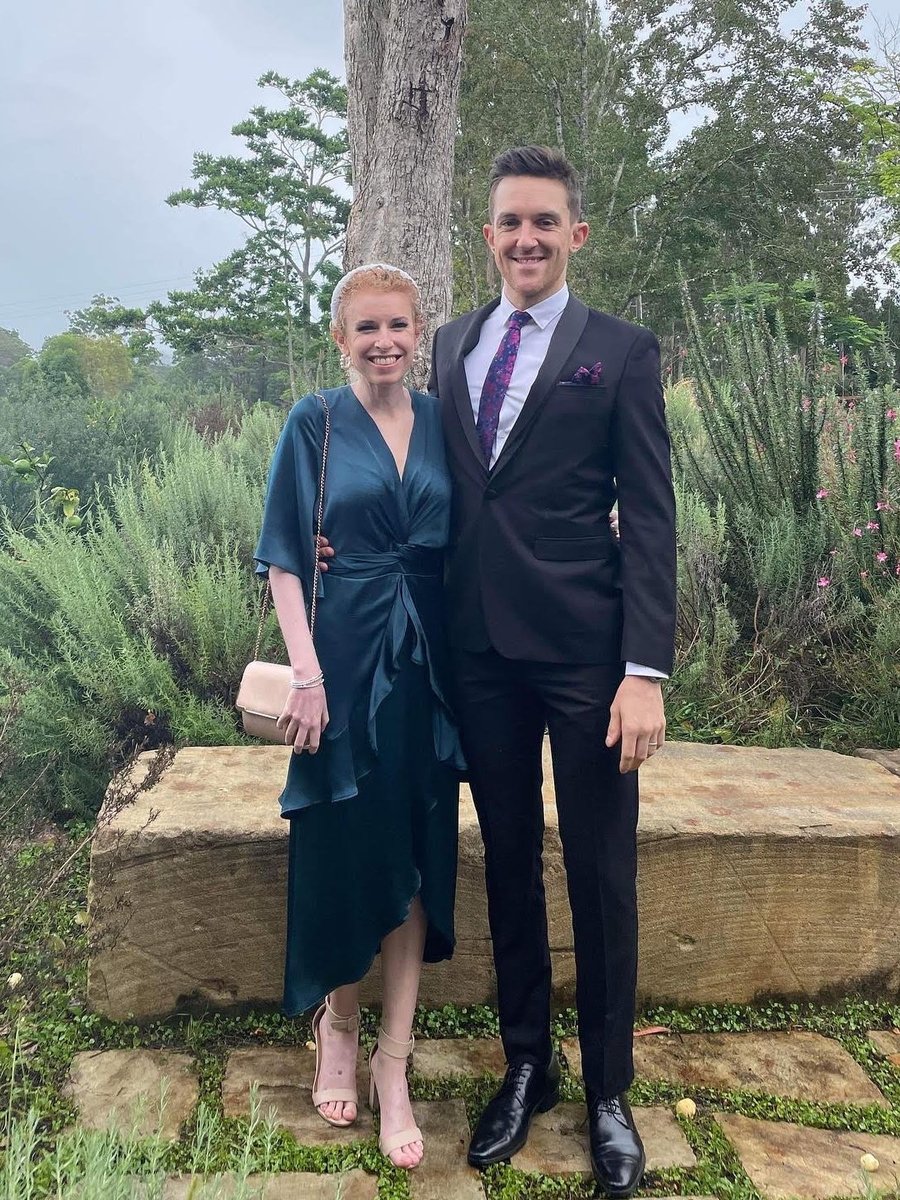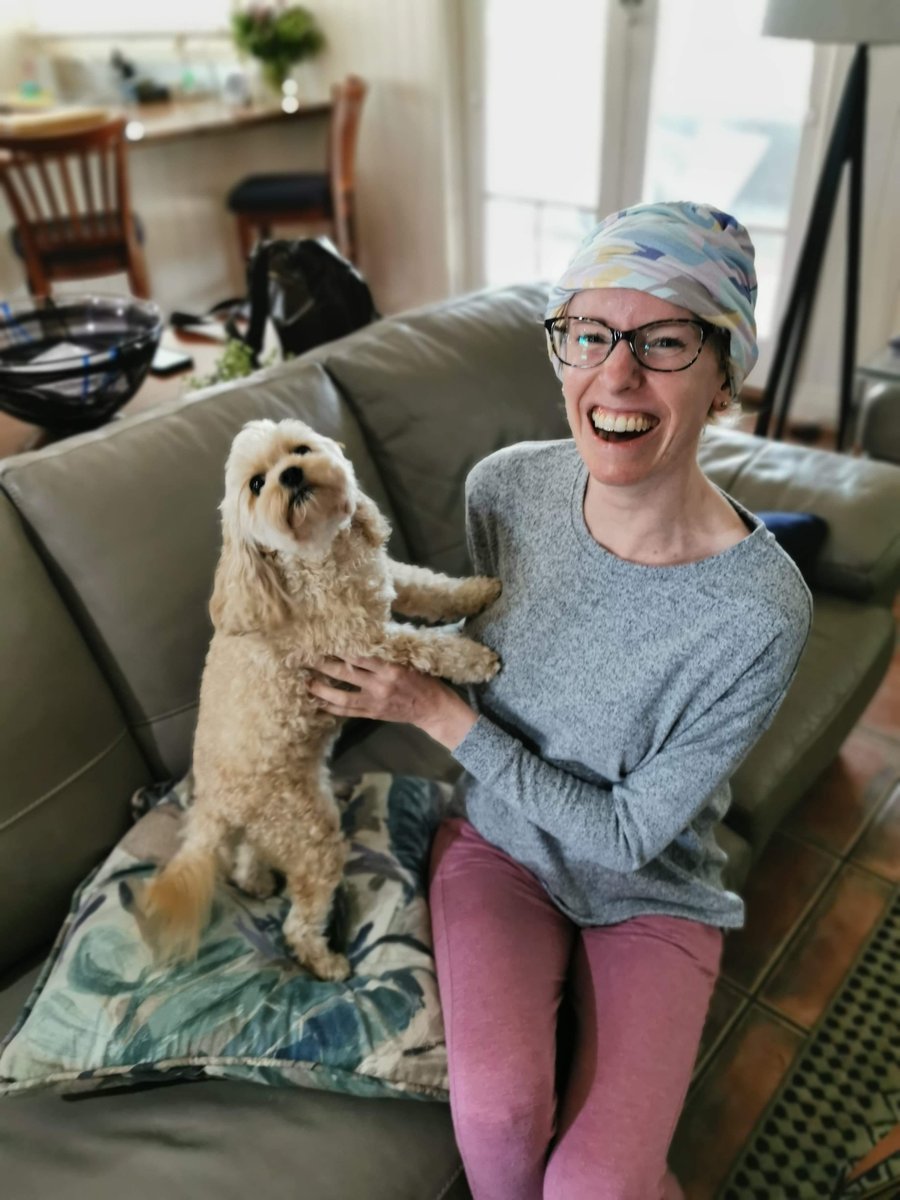
Endless nausea, hair loss, fatigue, night sweats, mouth ulcers and weight loss – if you didn’t know already, cancer treatment is pretty hard going!
Although you can never fully appreciate what patients go through unless you or a loved one have experienced it yourself, thanks to popular culture we’ve never had a better insight into the daily struggles of those fighting the Big C.
Authentic portrayals in film and television such as Kim Cattrall’s representation of Samantha’s breast cancer in the final season of Sex and the City and Joseph Gordon-Levitt’s depiction of a young man with a spinal tumour in the movie 50/50 have gone a long way to improving the visibility of cancer treatment in the community.
Watch: Everything you need to know about cervical cancer. Post continues after video.
Yet as great as these portrayals are at bringing cancer awareness to the mainstream, they fail to adequately showcase the "what next" of life after cancer. What happens after the chemo and radiation is finished and you’re in the all clear?
For me, my treatment for leukaemia occurred over six months and involved over 100 days in hospital, three days in intensive care, 15 sessions of chemo, six rounds of whole-body radiation and a bone marrow transplant. As far as cancer treatment goes, mine was pretty intense!



